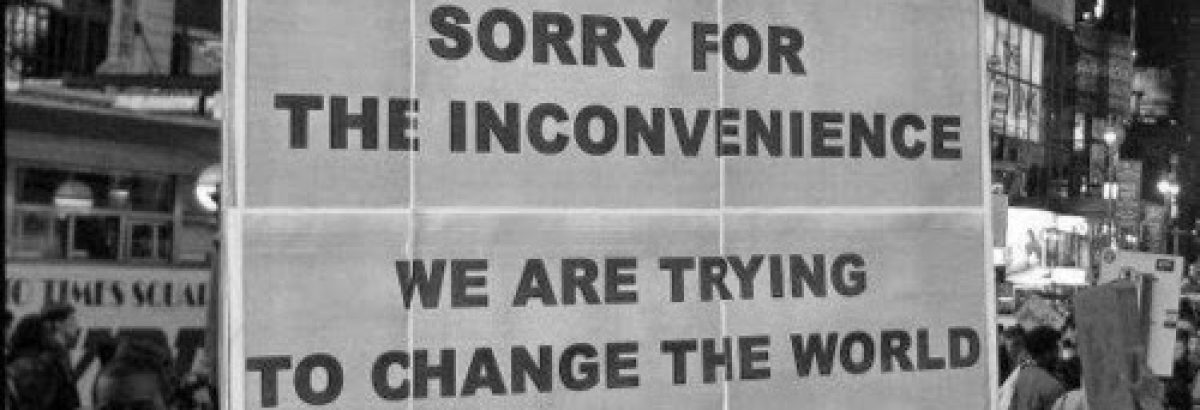“A Judge personality strongly believes in right and wrong, which is great, but they also believe they are the ones who decide right and wrong and lord it over others to maintain authority and power. Right and wrong are less a moral code than they are a collar and leash they attach to others so they can lead them around. When a Judge personality is religious, they’ll use the Bible to gain control of others. The Bible becomes a book of rules they use to prove they are right rather than a book that introduces people to God.” -Scary Close, by Donald Miller
Some thoughts:
1. I think, in some cases, Judges become this sort of misguided moral gatekeeper because they spend so much time with scriptures but so little time with God. What do I mean by that? Well, the Bible is not God’s autobiography; it’s His social media page. Heck, even if it was His autobiography, that’s not the same thing as a personal relationship with Him. Yes, we do find God in scriptures, but that is not all there is to God. Notice Miller writes “introduces people to God” when describing the Bible. We can study scriptures all our lives, but if that’s the only way we ever seek God, then we’re missing out on a huge piece of the puzzle, and a huge opportunity for a fulfilling, revealing, and expansive relationship with God. Unfortunately, many Christians have elevated scripture to the fourth person of the Trinity, and, in the process, neglected pursuing the other (actual) three persons of the Trinity in all the various ways they are available to us. The Bible very well may be God’s inspired word, but if we don’t hold that word in tandem with dynamic experiences and relationship with God, then that inspired word of God becomes nothing more than a misunderstood history book and a misused moral code. Combine that with the arrogance, manipulation, and confirmation bias to which we mere humans are so prone, and we’ve got ourselves the perfect recipe for a religious Judge.
2. When I read this, I immediately think of a specific person who is, thank God, no longer a part of my life. This individual fits this description so well it’s both maddening and satisfying. What’s so maddening about this, at least in part, is this: I failed to adequately hold this person accountable like I should have. To those of you who know someone like this, it is of utmost importance to hold them accountable. They need to be challenged. They need to be revealed. However, the necessity of this accountability has very little to do with the Judge themselves. If someone truly has this personality, odds are they will be unwilling to humbly consider any sort of accountability from others. But there are people over whom these judges have power and control. These people, specifically family members and/or those who can’t escape the relationship, need to see and hear someone recognize this kind of manipulation is not normal or healthy. They need to see their plight does not go unnoticed by those who care about them. They need to see that, perhaps, if they’ve been subject to this kind of person for too long or without recognizing it, they may need to get some help of their own. Books, therapy, and support groups can be invaluable lifelines to those in relationships with religious Judges. Holding a Judge accountable may have very little impact on the Judge, but it may have immeasurable impact on the people held captive by the Judge.
That being said, not everyone is prepared or in a safe position to hold Judges accountable. So be safe and mindful. If you know doing so will likely increase anyone’s suffering, whether emotionally, physically, relationally, or in any other way, don’t do it until safety is ensured. Holding anyone accountable is important and necessary, but in some cases, it may be entirely fruitless. Be discerning. And definitely ask for help or advice from others you trust first.
3. I’m concerned, though, with my immediate response to reading this. I immediately thought of another person, rather than immediately considering whether and how this description could apply to me. For the sake of honesty and humility, I have to consider how this might apply to me before I start making accusations of others. I might be manipulating others in this way and not even realize it. I can definitively say I am not a Judge, but I certainly have the ability to act like this sometimes, usually unknowingly. This lack of awareness is what’s especially dangerous regarding the religious Judge and using the Bible. It’s incredibly easy to fall into the pious trap of holding scriptures against people instead of holding people up with scriptures. I’ve done it and probably will again in the future. So, if we are truly committed to holding Judges accountable for the sake of their victims, it’s extremely important we hold ourselves even more accountable first. I have found in my own life, and learned from a wise woman, that we often become/take on the spirit of the very thing we judge. You know, judge not lest ye be judged…It’s a fine line people. We need humility and accountability to help us walk it.
